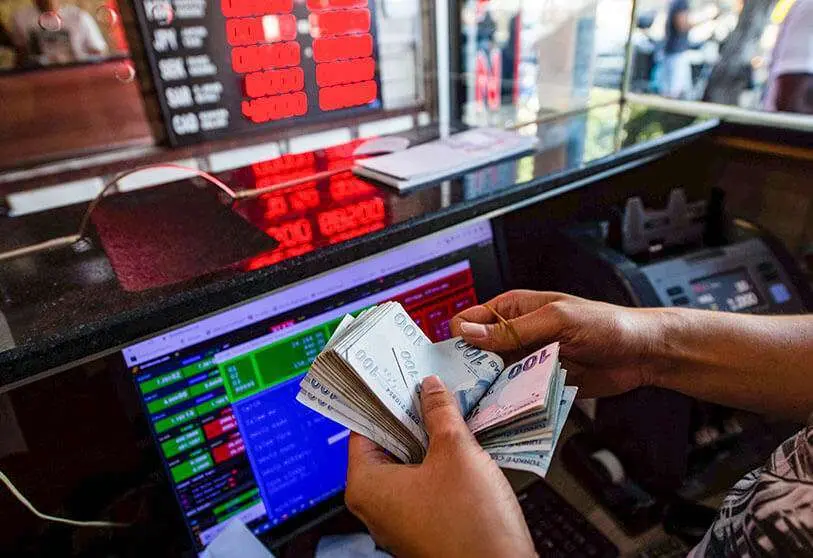Exchange rate volatility threatens default risk for Turkish companies

Turkey's economic rebound has come to an abrupt halt in 2020. The containment measures have had a serious impact on both domestic and foreign demand, and are expected to cause GDP to shrink by 5.1 percent for the year as a whole. The deterioration in credit risk and business performance in some key sectors will accelerate in the coming months due to the deep recession. Crédito y Caución expects both payment delays and insolvencies in Turkey to increase considerably this year.
The Central Bank has reduced the reference interest rate to 8.25%, still below the inflation rate, to stimulate the economy with cheap credit. However, as real rates remain negative, concerns remain that further significant interest rate cuts could trigger another inflation and currency depreciation loop. Exchange rate volatility is one of the most important risks to the Turkish economy. The outflow of capital from emerging markets in the first quarter led to a sharp depreciation of the lira. In 2020, the budget deficit is expected to increase to 5.5% of GDP due to the government's economic stimulus and the level of public debt is expected to rise to 40.5% of GDP. Although the level of debt remains low by international standards, it is vulnerable to exchange rate risk, as almost half is denominated in foreign currency.
A further depreciation of the lira would increase pressure on a highly indebted business sector. The level of external debt, mostly held by banks and private companies, will increase to over 200% of exports of goods and services by 2020. Turkish companies, particularly those in sectors such as energy, construction materials, steel, airlines or chemicals, have obtained numerous loans in foreign currency. Some companies have restructured their debt, but liabilities remain high and sensitive to interest rate, refinancing and exchange rate risks. Many companies pay high interest rates on loans and face the impact of local currency depreciation.
Crédito y Caución expects business failures to increase especially in construction and building materials, which already suffered in 2019 from overcapacity, high indebtedness and low liquidity. The automotive sector, which is highly export-oriented, is experiencing a significant drop in production. As a result of the deterioration in these sectors, their supplier industries, such as machinery, metalworking and steel, will also experience a high level of insolvencies in 2020. The consumer durables sector is affected by lockouts, declining consumer sentiment, currency depreciation and rising unemployment. Overcapacity is strangling the liquidity of textile producers and retailers. The ICT sector is also exposed to increased credit risk due to rising import prices and deteriorating consumer demand.








